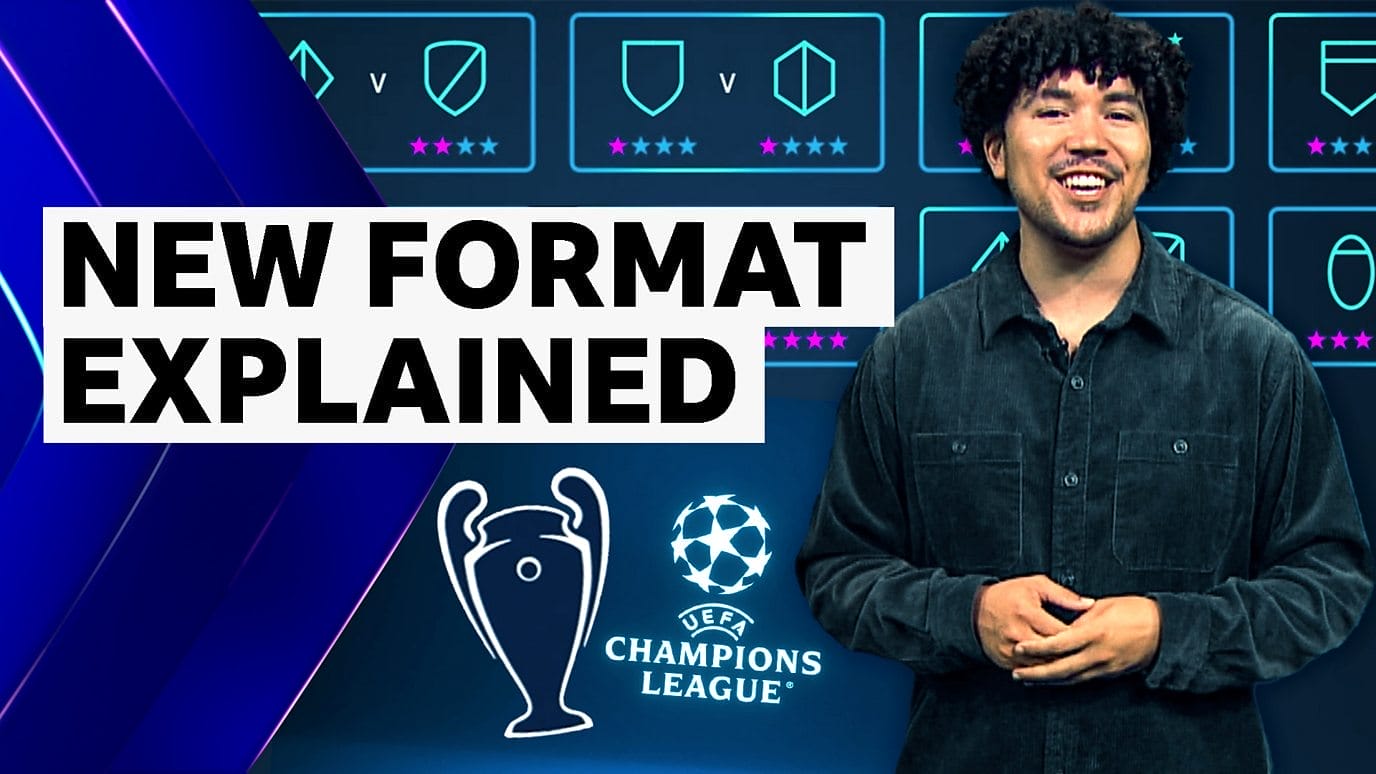
Barcelona, one of the most iconic football clubs in the world, has once again found itself in the midst of a financial and administrative crisis. This time, the club is racing against the clock to resolve the registration issue surrounding Dani Olmo, the talented Spanish midfielder who returned to Barcelona this summer after a successful stint in Germany with RB Leipzig. With Dani Olmo’s future at the club under threat and the January transfer window fast approaching, Barcelona’s management is scrambling to find a way to keep the player in Catalonia for the long term.
The situation has been exacerbated by La Liga’s stringent economic regulations, which have been a constant source of tension for Barcelona in recent years. Despite the club’s historic success, it has struggled with its finances, and the registration of new players has become a significant challenge. As a result, Barcelona’s president, Joan Laporta, and his team have been working tirelessly to find a viable financial solution. Reports suggest that they are closing in on a €120m deal that could potentially resolve the issue and allow Dani Olmo to stay at the club for the remainder of the season.
Dani Olmo’s Return to Barcelona: A Dream Come True Turned into a Nightmare
Dani Olmo’s return to Barcelona was widely seen as a significant moment in the club’s recovery from its financial and sporting difficulties. After leaving Barcelona’s famed La Masia academy at the age of 16 to seek first-team opportunities, Dani Olmo enjoyed a successful career in Europe, playing for Dinamo Zagreb before making a high-profile move to RB Leipzig. His performances in the Bundesliga, coupled with his mature style of play, made him one of Europe’s most sought-after young talents.
Barcelona, in desperate need of reinforcements to bolster their midfield, jumped at the opportunity to bring Dani Olmo back to the club. The deal, which reportedly cost €55 million (£45.6 million), was seen as a positive step in the club’s rebuilding process. However, what appeared to be a triumphant return has quickly turned into a logistical nightmare due to Barcelona’s ongoing financial woes.

Barcelona’s Struggles with La Liga’s Financial Regulations
La Liga, Spain’s top football division, has implemented strict financial regulations aimed at preventing clubs from overspending and incurring unsustainable debt. These rules, known as the “salary cap,” limit how much each club can spend on player wages based on their revenues. Unfortunately for Barcelona, the club has been operating at a deficit for several years, following a period of excessive spending on players and wages.
When Dani Olmo was brought in, Barcelona was already operating under financial restrictions, which made it difficult to register new players. In fact, Dani Olmo wasn’t even able to make his debut for the club until the third week of the season. The delay was due to the club’s inability to meet the required salary cap, which forced them to find creative solutions to accommodate his wages.
Temporary Fixes and Legal Challenges
Barcelona managed to find a temporary solution to Olmo’s registration issue when an injury to Andreas Christensen provided the necessary room in the salary cap. Under La Liga’s regulations, the club was allowed to use 80% of the wages previously allocated to Christensen to register Olmo. However, this temporary fix expired on December 31, leaving Barcelona with an urgent need to raise funds and find a more permanent solution.
In an attempt to secure more time to find a financial resolution, Barcelona appealed to the city’s commercial court to extend the deadline. Unfortunately, their request was rejected in late December, leaving them with little time to resolve the situation before the new year. As the clock ticked down, Premier League clubs began circling around Olmo, aware that the Spanish midfielder would be free to negotiate with other clubs if Barcelona failed to register him by the end of 2024.
Joan Laporta’s €120m Deal: The Last-Minute Solution
Faced with the looming threat of losing Dani Olmo and the potential consequences of failing to comply with La Liga’s regulations, Barcelona’s president Joan Laporta has reportedly come up with a solution. According to sources close to the negotiations, Barcelona is in the final stages of agreeing a €120 million deal that could save the club from the financial and administrative crisis it currently finds itself in.
The proposed deal involves selling the future rights to VIP seating at the iconic Camp Nou for the next 20 years. This agreement, reportedly with a Qatari fund, would provide Barcelona with an immediate cash influx, enabling the club to meet La Liga’s requirements and register Olmo for the remainder of the season. While the specifics of the deal are still being finalized, the sale of Camp Nou seating rights would be a significant move for Barcelona, securing not just Olmo’s future but also the club’s ability to navigate financial restrictions in the coming months.
What is the “1:1” Financial Threshold?
The €120 million deal is expected to have a far-reaching impact beyond just Dani Olmo’s registration. If the deal goes through, Barcelona would have finally achieved the “1:1” financial threshold. Under La Liga’s regulations, this means that for every euro the club earns, they would be allowed to spend a euro on player wages and transfers. Achieving this threshold would provide Barcelona with much-needed flexibility in future transfer windows, allowing them to improve their squad and potentially address other areas of concern.
The 1:1 rule has been a crucial aspect of La Liga’s financial regulations, and many clubs, including Barcelona, have struggled to meet the requirement in recent years. Achieving this threshold would mark a significant step in Barcelona’s financial recovery and would allow the club to breathe a little easier as it continues to rebuild under Laporta’s leadership.
Waiting Until the Last Minute: The Tension Builds
Joan Laporta is reportedly waiting until the very last moment December 31 to finalize the agreement and ensure that everything is in place for Olmo’s registration. Barcelona’s management has been in close contact with La Liga throughout the process, hoping to avoid any surprises or unexpected rulings that could jeopardize the deal. The club has already faced setbacks in recent weeks, including a failed attempt to extend the Olmo registration deadline and a lawsuit filed against La Liga in a last-ditch effort to secure more time.
Despite these challenges, Olmo himself has remained remarkably calm throughout the process. According to reports, the midfielder has shown no signs of anxiety and was even one of the first players out on the pitch for Barcelona’s public training session on December 29. His professionalism and focus have been praised by his teammates and the coaching staff, and he appears to be fully committed to Barcelona, despite the ongoing uncertainty surrounding his future.
The Bigger Picture: Barcelona’s Financial Woes
While the €120 million deal could provide a short-term solution to the Olmo registration issue, it doesn’t solve Barcelona’s underlying financial problems. The club’s ongoing struggles with debt and financial mismanagement have led to a series of high-profile player departures, salary cuts, and restrictions on player signings.
Barcelona’s financial woes have cast a long shadow over the club’s sporting ambitions, and it remains to be seen whether the club’s new financial strategy, which includes selling future rights to Camp Nou seating, will be enough to bring long-term stability. The club’s ability to navigate La Liga’s strict salary cap regulations and continue to build a competitive squad will be a key challenge for Laporta and his team in the coming years.
The Road Ahead for Dani Olmo and Barcelona
For now, the focus is on Dani Olmo’s immediate future. If the €120 million deal is finalized, it will allow Olmo to stay at Barcelona for the remainder of the season, with the potential for a more permanent stay in the years to come. His return to Barcelona has been a highly anticipated event, and his performances this season will be crucial to the club’s hopes of returning to its former glory.
Ultimately, Barcelona’s situation highlights the challenges faced by top football clubs in an increasingly financially constrained environment. The club’s ability to resolve this crisis and move forward will depend not just on securing deals like the Camp Nou seating rights agreement but on the broader question of how Barcelona manages its finances and rebuilds its squad in the years ahead.
If Laporta and his team can navigate these turbulent waters successfully, Barcelona could once again be a force to be reckoned with, both on and off the pitch. For now, the club’s immediate priority is ensuring that Dani Olmo remains at the heart of their midfield for the remainder of the season a task that, thanks to a €120 million solution, may just be within their grasp.








